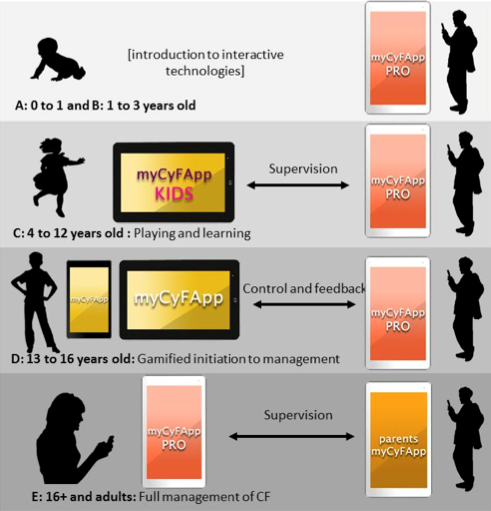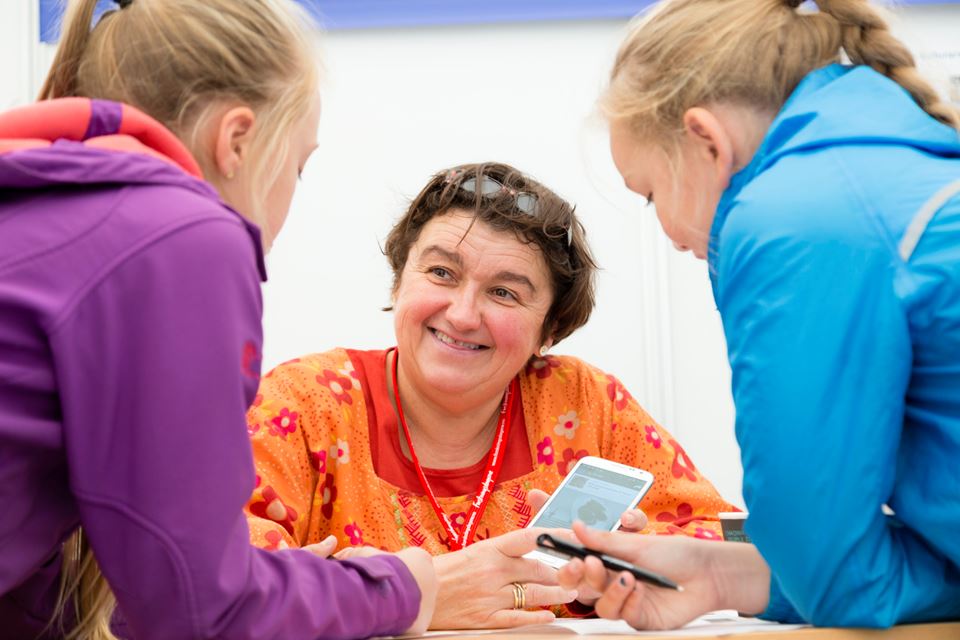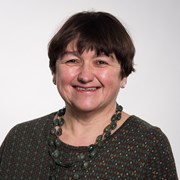The EU project “MyCyFapp” was launched in January and is focusing on food, autonomy and better control for sufferers of cystic fibrosis.
FACTS:
- This EU project will run from 2015 to 2019, and will benefit sufferers of cystic fibrosis which falls into the category "rare illnesses".
- There are about 300 CF sufferers in Norway, and between 8 and 10 children are born every year with this hereditary condition. In order for a child to inherit the illness, both parents must be carriers.
- Both medical and ICT experts are involved in the project. The project partners come from Spain, Germany, Portugal, Italy, Belgium, the Netherlands and Norway.
- The Norwegian researchers are also in contact with the Norwegian Cystic Fibrosis Association and with experts at the Norwegian National Centre for Cystic Fibrosis at Oslo University Hospital.
CF is a rare, chronic and hereditary condition. A fault in the body’s exocrine glands means that sufferers develop an excess of mucus in their lungs and digestive systems. The latter makes it difficult for them to absorb the nourishment in their food.
For this reason, many CF sufferers have to take enzyme tablets with their meals. The enzymes break the food down, enabling the body to absorb the vital fats and proteins they need.
From doctors to IT experts
Medical professionals and IT experts from a number of countries intend to calculate the exact amount of enzymes that an individual needs. In the first phase, doctors will monitor a number of patients over time to find out what they are eating and the proportion of food being absorbed by the body. Based on their findings, and with the help of chemists, they will attempt to develop algorithms for individually-tailored enzyme dosages.
The IT experts will then convert these algorithms into mobile applications (apps). The apps will be designed to notify adults and children with CF of the enzyme doses they should be taking, and will support communication with doctors monitoring the patients’ progress.
The apps on patients’ mobile devices will be adapted differently according to age. Games will be designed to give small children the opportunity to learn, while their parents will be able to follow up the

The apps on patients’ mobile devices will be adapted differently according to age. Games will be designed to give small children the opportunity to learn, while their parents will be able to follow up the recommendations provided for their child’s enzyme doses.
recommendations provided for their child’s enzyme doses. The older a child becomes, the greater the responsibility it will be given to control the doses itself. Doctors will also be equipped with a web-basedcomputer monitoring system.
What’s in the apps
Jacqueline Floch is heading SINTEF’s contribution to the project in which researchers will assist in the development of apps designed for parents and children over 16, as well as the system used by the doctors.
“We’re still a little uncertain about what functions the apps should contain”, she says. “Babies are tested for CF at birth. Parents are commonly alarmed on hearing of a positive test and often need more information. Maybe the apps, as well as informing parents of the right enzyme doses, should provide information about where they can get help and what they can do?”, says Floch. “We will be designing the apps with the help of CF sufferers, the parents of children with CF, and doctors”, she says.
The Norwegian researchers will be working with parents and young CF sufferers living in countries such as the Netherlands, Belgium, Italy and Spain. This will create challenges when it comes to communication.


